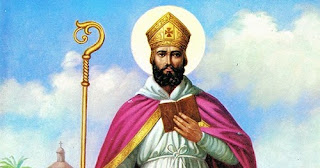By:
vivian
on segunda-feira, agosto 20, 2018
historical-nonfiction:
Often called “Peter the Great of Turkey,” Mahmud II was the 30th sultan of the Ottoman Empire. He reigned from 1808 until his death in 1839. Mahmud II oversaw extensive military, administrative, and monetary reforms which were capped by the Decree of Tanzimat in 1839.
Tanzimat was an overarching modernizing effort which, among other things, ended tax farming, created military conscription from districts based on size (instead of the hereditary Janissaries), and created legal and social equality before the law for all citizen (instead of different religious systems operating autonomously, often with special privileges for favored sects). One aspect of Tanzimat greatly limited the sultan’s power: it guaranteed citizens the rights of life and property. This meant sultans could no longer execute or confiscate the property of anyone at whim.
Unfortunately, Mahmud II died in 1839, so Tanzimat had to be implemented by his sons and successors.
derivativesequence: The Auspicious Incident
Mahmud II is mostly remembered today for his … harsh … elimination of the janissaries. The once-elite fighting force had become an outdated, hereditary power broker that had overthrown previous sultans who attempted to curb their power, rather like the Praetorian Guard of the Roman Empire centuries before. So Mahmud’s harsh elimination of the janissaries was warranted.
In a nutshell, the Auspicious Incident was a revolt by the Janissaries after Mahmud II attempted to organize a new army, which would be modeled after contemporary European armies. The janissaries revolted, predictably, as they had in response previous attempts to modernize the army. The revolt was put down by having his new, modern troops fire on the janissary barracks. They caught fire, and those who escaped the fires were shot. About 4,000 were killed. Survivors were hunted down, and had their property confiscated, were executed, or both.
Just like that, the janissaries were done. Mahmud II managed to do what many sultans before him could not. The janissaries were no longer a sword, held to the sultan’s throat, which could change policies and regimes on a whim.
Read More



